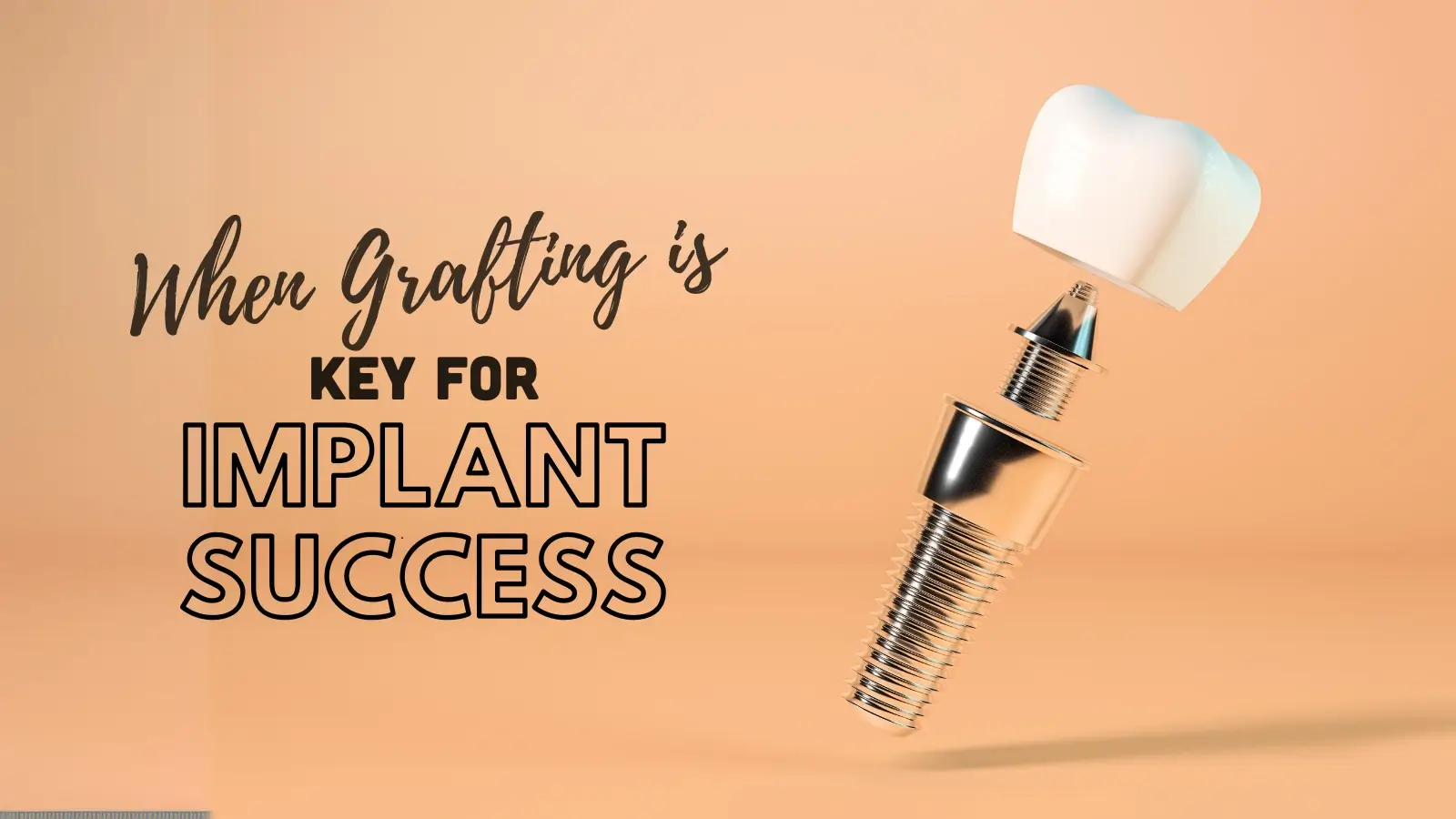Oral health is crucial during pregnancy. Hormonal changes can affect your gums and teeth. Many pregnant women experience common issues such as gingivitis and pregnancy tumors. Gingivitis leads to swollen, bleeding gums and discomfort. Pregnancy tumors are non-cancerous growths that can appear on the gums. These issues can affect your oral health and your overall well-being. Knowing how to care for your gums during this time can prevent complications and ensure a healthier pregnancy.
Understanding the Connection Between Pregnancy and Gum Health
Hormonal changes during pregnancy can significantly impact gum health. Increased levels of hormones, particularly progesterone, make gums more sensitive to plaque. This sensitivity can lead to inflammation, resulting in gingivitis. Studies show that pregnant women are more likely to develop gum disease than non-pregnant women.
Gum disease is prevalent among pregnant women, affecting about 60-75% of expectant mothers. The condition can worsen if you neglect oral hygiene. Left untreated, gum disease can lead to severe complications. For instance, research links gum disease to premature birth and low birth weight.
The bacteria from gum disease can enter the bloodstream, potentially harming both the mother and baby. Understanding this connection emphasizes the importance of maintaining gum health during pregnancy.
Tips to Care for Your Gums During Pregnancy
Here are some tips to care for your gums during pregnancy.
Maintain Good Oral Hygiene
Good oral hygiene is vital for healthy gums. Brush your teeth at least twice a day using a soft-bristled toothbrush. Choose a fluoride toothpaste to help prevent cavities. Floss daily to remove plaque between teeth where your brush cannot reach. This practice prevents gum disease and promotes overall oral health.
If your gums bleed while brushing or flossing, don’t stop; it’s often a sign of gingivitis. Use an alcohol-free mouthwash that contains fluoride to help keep your mouth clean and fresh.
Regular Dental Visits
Regular dental check-ups are essential during pregnancy. Schedule appointments for cleanings every six months. Your dentist can monitor your gum health and recommend treatments if necessary.
Most dental procedures, such as cleanings and exams, are safe during pregnancy. Inform your dentist about your pregnancy, so they can provide tailored care. If you experience discomfort or gum problems, do not hesitate to contact your dentist. Early intervention can prevent more serious issues.
Healthy Diet to Care for Your Gums
Eating a balanced diet is crucial for gum health. Focus on foods rich in vitamins C and D, calcium, and phosphorous. These nutrients help maintain strong gums and teeth. Incorporate leafy greens, dairy products, citrus fruits, and nuts into your meals.
Avoid sugary snacks and beverages, as they can contribute to plaque buildup and tooth decay. Opt for healthy snacks like fruits, vegetables, and yogurt.
Stay Hydrated
Staying hydrated plays a vital role in oral health. Drinking plenty of water helps wash away food particles and bacteria. Hydration can also alleviate dry mouth, which can occur during pregnancy. Dry mouth can lead to gum disease and tooth decay, so aim for at least eight glasses of water daily.
Manage Pregnancy Symptoms Affecting Oral Health
Pregnancy often brings challenges, such as morning sickness. This condition can expose your teeth to stomach acid, leading to enamel erosion. If you experience morning sickness, rinse your mouth with water after vomiting to neutralize the acid.
Avoid brushing your teeth immediately after vomiting, as this can damage your enamel further. Instead, wait at least 30 minutes before brushing to protect your teeth.
Signs of Gum Problems in Pregnancy
Pay attention to the signs of gum problems during pregnancy. Common symptoms include swollen gums, bleeding while brushing, and persistent bad breath. You may also notice your gums becoming sensitive or painful.
If you experience any of these symptoms, address them promptly. Ignoring gum issues can lead to more severe problems, such as infections or tooth loss.
Prompt treatment can help maintain your oral health and overall well-being. If you notice changes in your gums or mouth, schedule an appointment with your dentist as soon as possible.
Why is it Important to Care for Your Gums During Pregnancy?
Caring for your gums is vital for a healthy pregnancy. Gum disease can lead to complications such as preterm birth and low birth weight. Research indicates that pregnant women with untreated gum disease may be at a higher risk of these issues.
In addition, inflammation caused by gum disease can impact the mother’s health. This connection highlights how important it is to care for your gums during pregnancy.
Your oral health reflects your overall health. Poor gum care can lead to systemic issues that affect the body. For example, bacteria from gum disease may enter the bloodstream, contributing to heart disease and other conditions. By prioritizing gum care during pregnancy, you support both your health and your baby’s health.
When to Consult a Dentist?
Knowing when to consult a dentist during pregnancy is crucial. Look for signs that require immediate attention, such as severe pain, swelling, or persistent bleeding. If you notice any unusual changes in your gums, schedule a visit right away.
Always communicate your pregnancy status to your dentist. They can modify treatment plans based on your condition. Inform them of any medications you are taking and your overall health. This information allows your dentist to provide the best care possible.
Caring for your gums during pregnancy is essential for your and your baby’s health. Regular dental visits and good oral hygiene can prevent serious complications. To support your gums, maintain a balanced diet, stay hydrated, and manage pregnancy symptoms. By taking proactive measures, you can enjoy a healthier pregnancy and a brighter smile. Remember to prioritize your oral health throughout this exciting journey.







